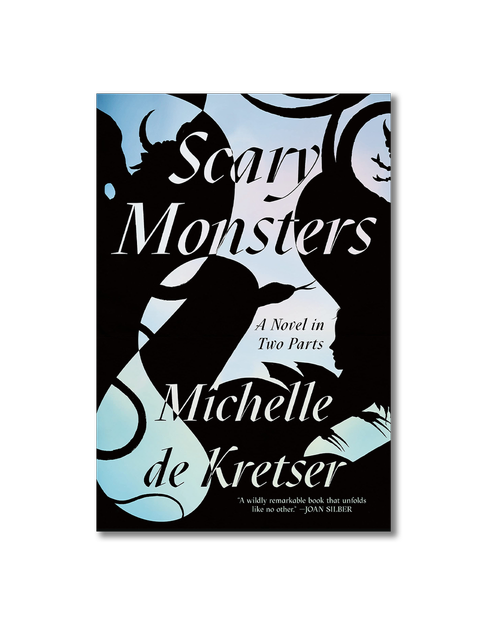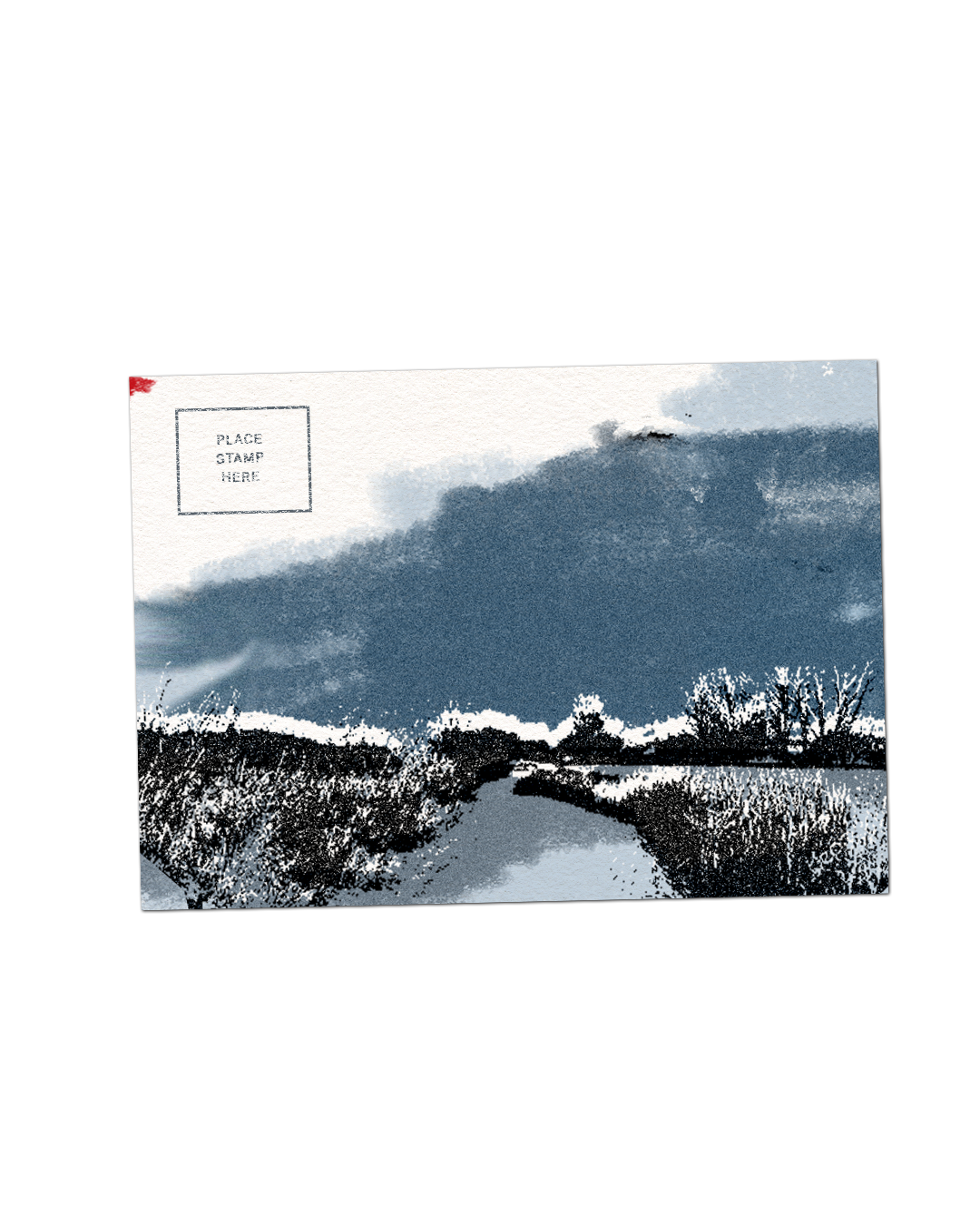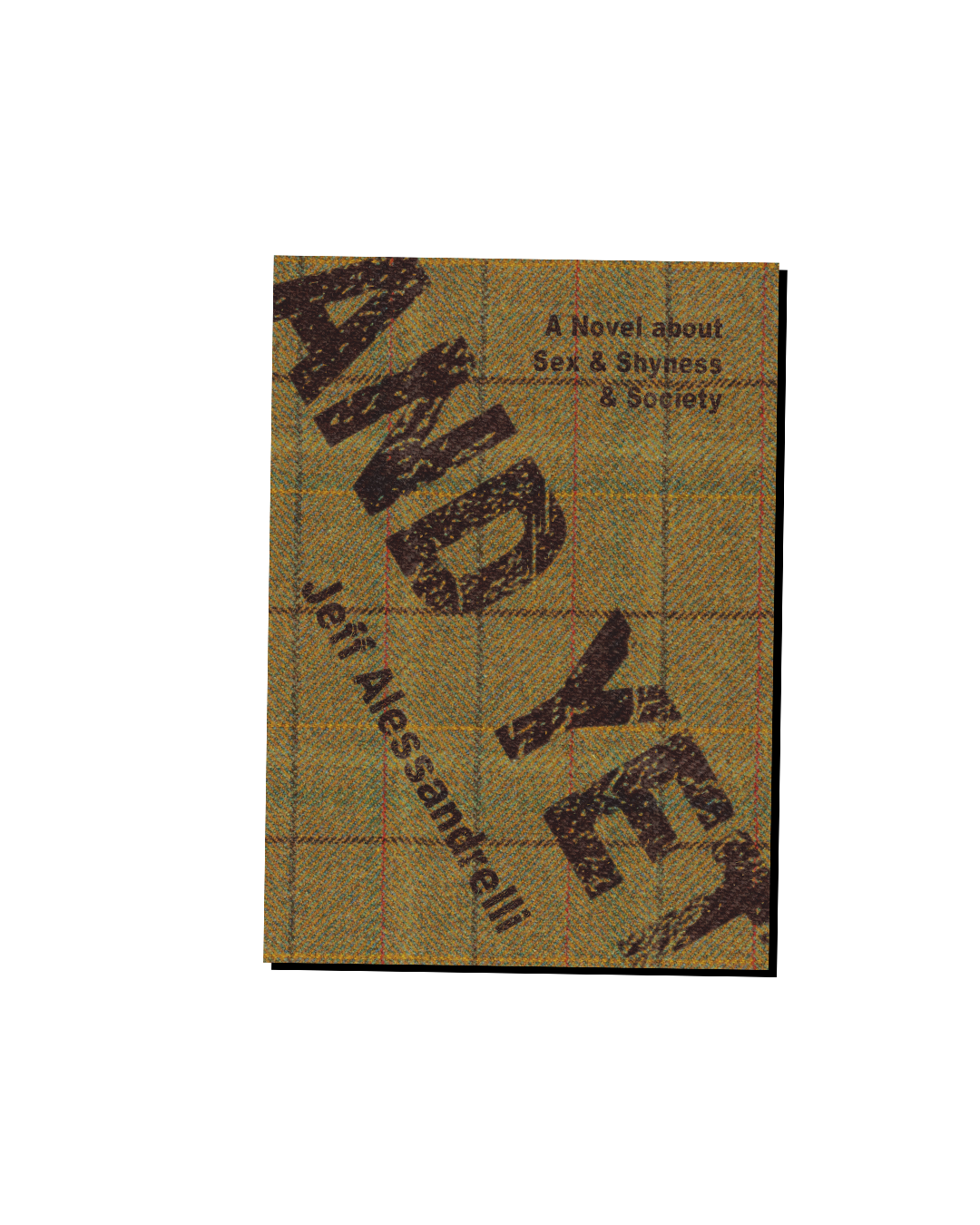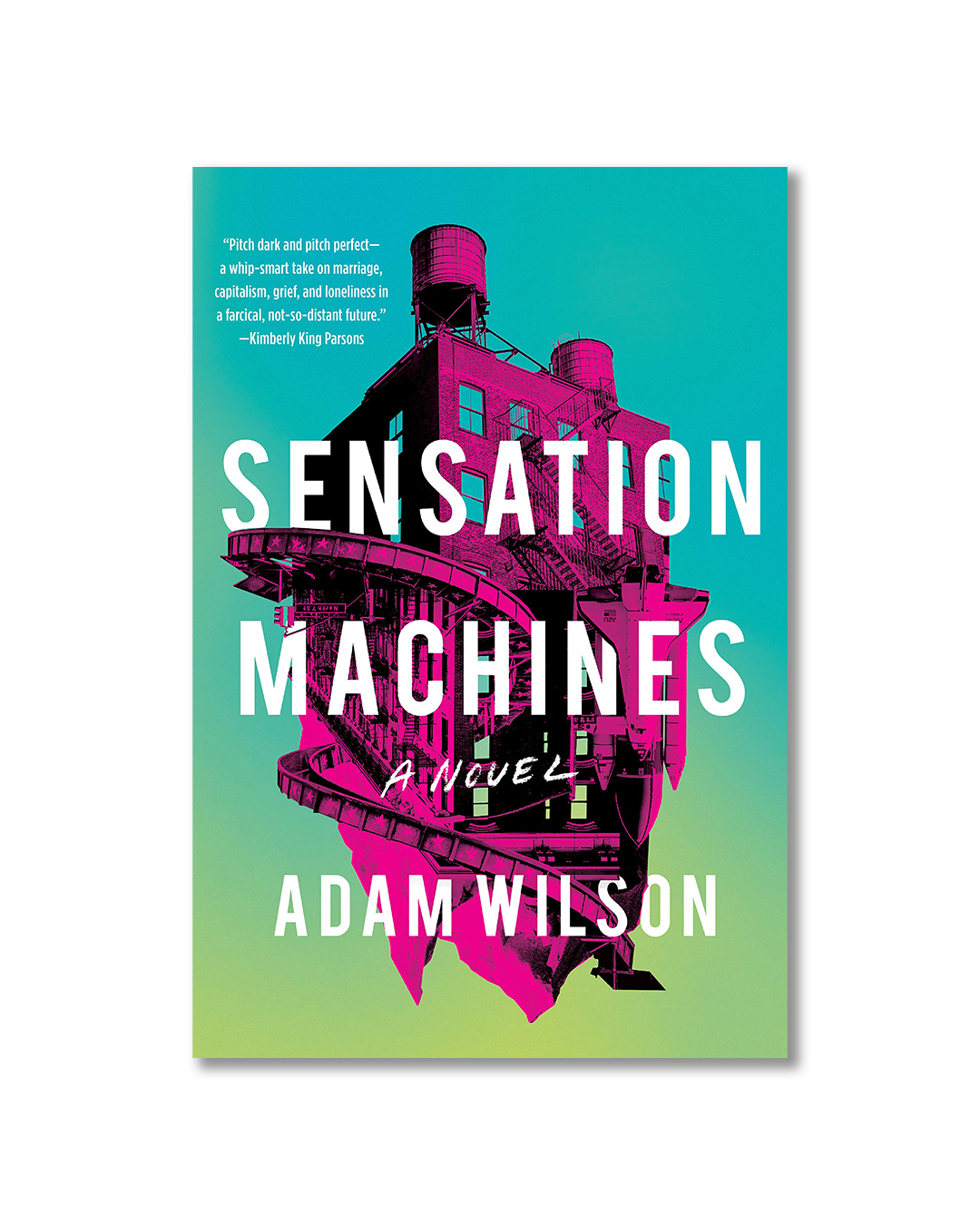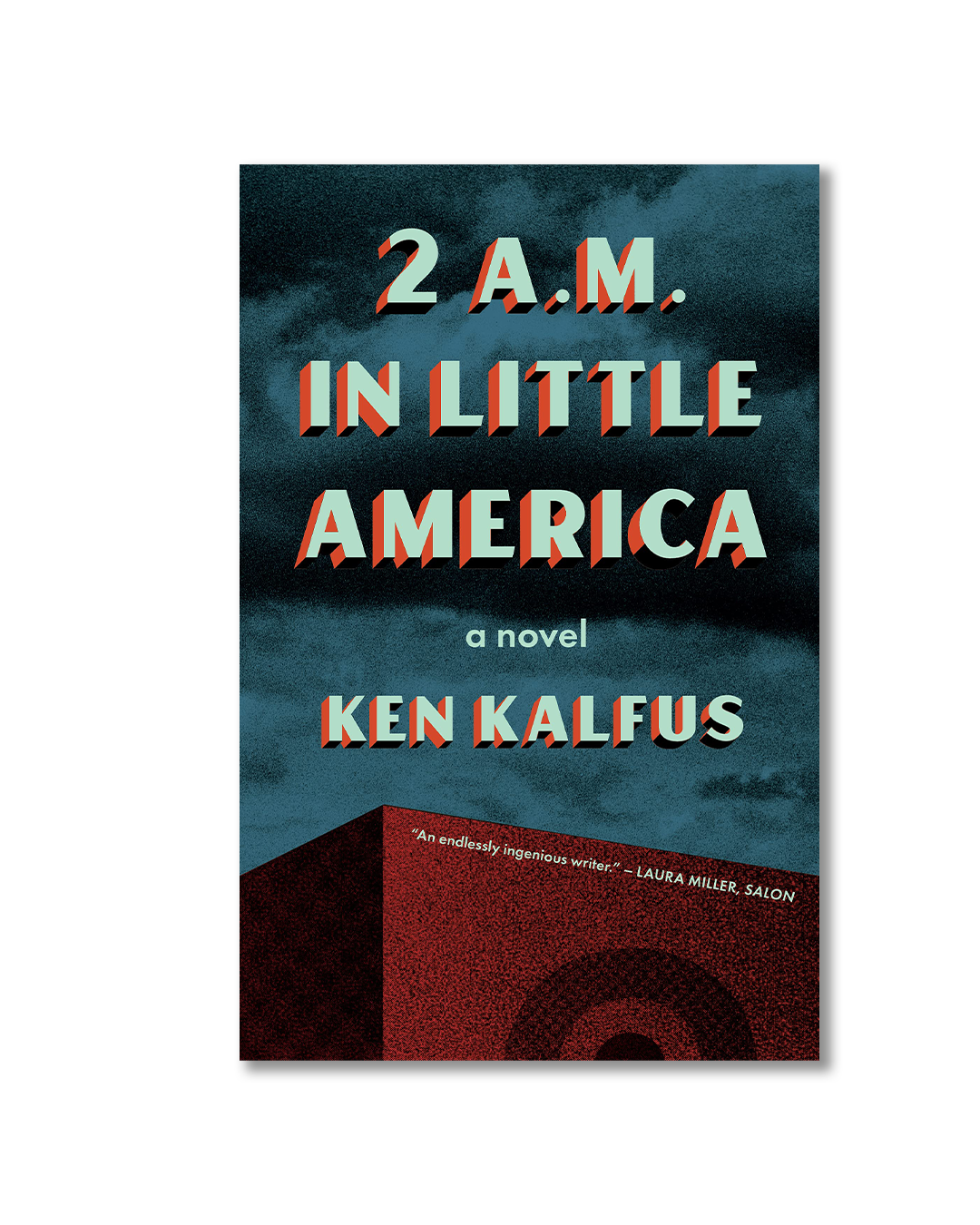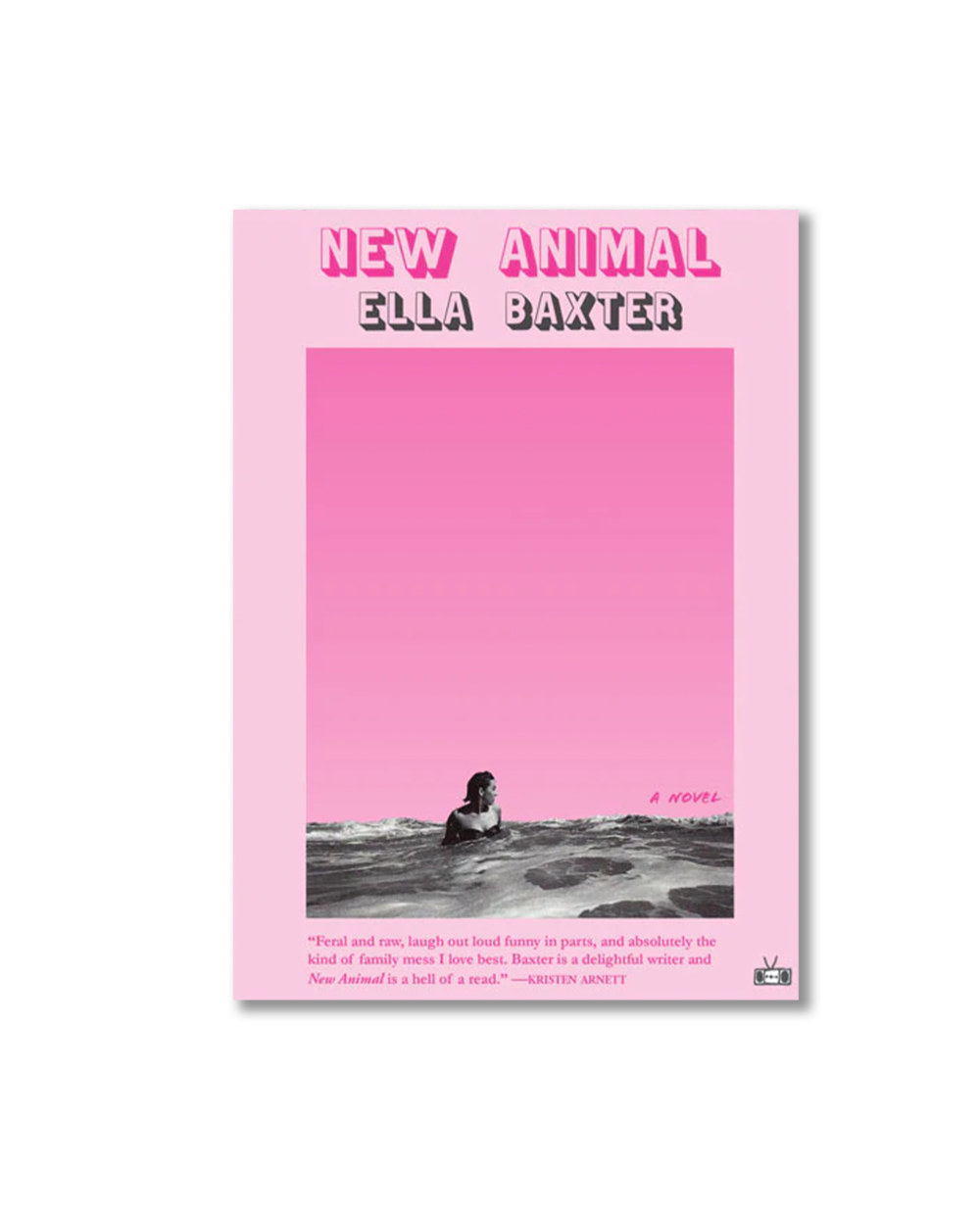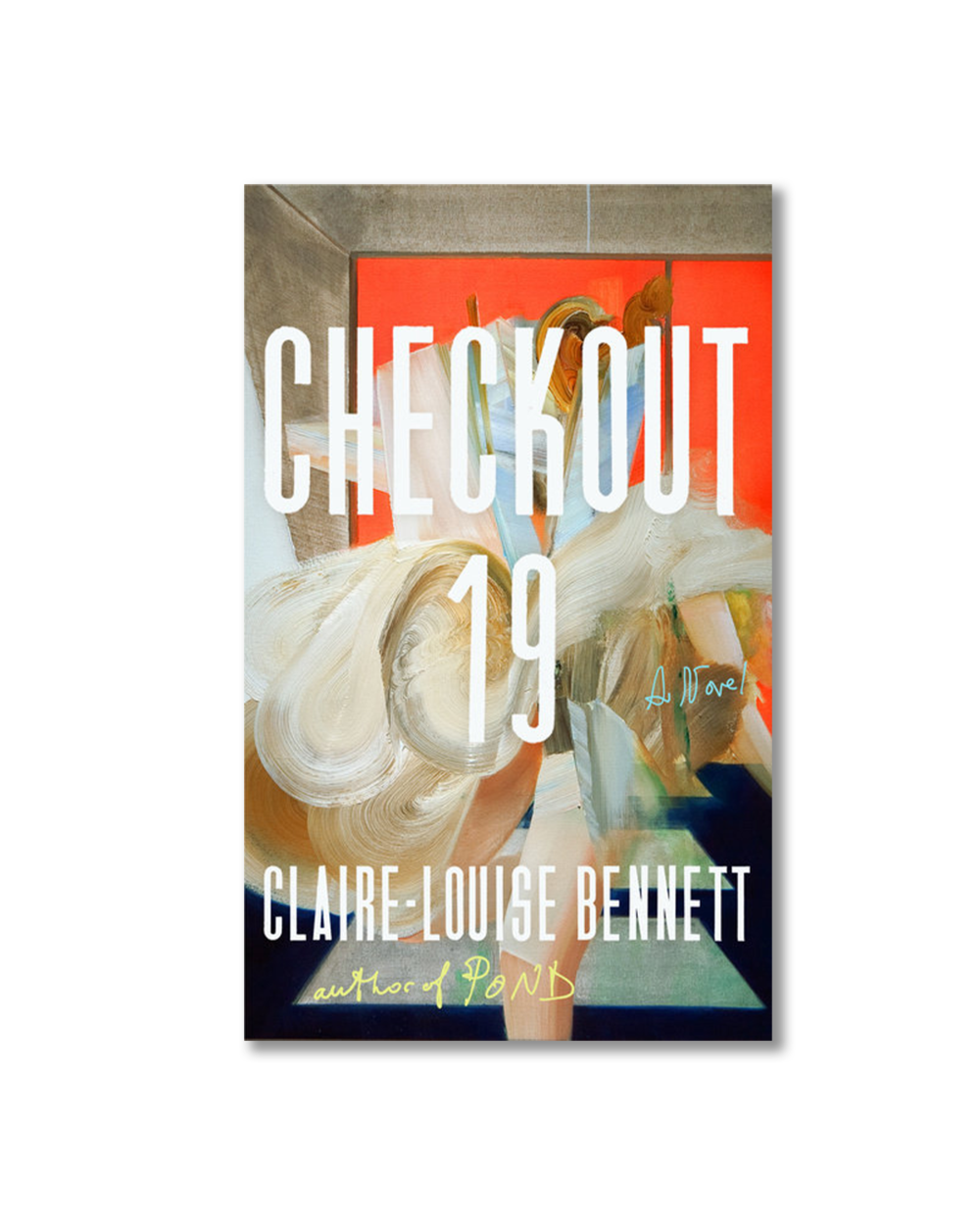Each a Mirror of the Other: On Michelle de Kretser's "Scary Monsters"
Scary Monsters by Australian author Michelle de Kretser begins with a choice. Not a character’s choice, but the reader’s: from which of the two front covers will you begin?
Fiction of Our Climate: On Imbolo Mbue's "How Beautiful We Were"
“But these Americans, with their abundance of knowledge, how can they be powerless too?”
Wildness and Heat: On Andrea Abreu’s “Dogs of Summer”
You might want to avoid reading Andrea Abreu’s gloriously visceral Dogs of Summer around meal times.
Justice, One Way or Another: An Interview with Meredith Doench on “Whereabouts Unknown”
Meredith Doench is a crime writer located in Dayton, Ohio, and best known for her Luce Hansen series.
Haldane’s Demand: On Zain Khalid's "Brother Alive"
We’re in someone’s kitchen; a kid is sitting on the floor.
Universe of Pointless Terror: On László Krasznahorkai's "Chasing Homer"
Chasing Homer by László Krasznahorkai is a novella that defies and transcends summarization.
Convergence and Departure: On Donatella Di Pietrantonio's "A Sister's Story"
There is perhaps no archetype of sisterly devotion as enduringly popular as Little Women’s March girls.
The Relentless Anaphora of the Everyday: On Kate Zambreno's "Drifts"
I first begin to write about Kate Zambreno’s Drifts in the midst of a New England blizzard, and it’s hard to imagine better weather for reflecting on the ars undulatis of a book so intensely interested in the fleeting, snowflake material of life: days upon days that pile up and melt away.
Fiction of Our Climate: On Karl Ove Knausgaard's "The Morning Star"
Another contender for a literary novel that may offer an adequate appraisal of and response to our climate crisis is Karl Ove Knausgaard’s The Morning Star.
Wild and Cultivated: On Diane Wilson's "The Seed Keeper"
Diane Wilson’s The Seed Keeper is prefaced with the poem “The Seeds Speak,” told from the perspective of stored seeds.
from "And Yet"
Most patients aren’t in as dire straits as the narrator of “Car Crash While Hitchhiking,” no. But due to embarrassment or fear of being judged, lying to one’s doctor is prevalent.
A Drone Flies in Brooklyn: On Adam Wilson's "Sensation Machines"
“There’s a long version and a short version of how I lost all my money,” says Michael Mixner, the male protagonist in Adam Wilson’s Sensation Machines, 44 pages into the author’s latest novel.
Disassociation and Diaspora: On Ken Kalfus' "2 A.M. in Little America"
It’s 2 a.m. in a small enclave of American refugees living abroad.
The Squanderer and the Seduced: On Fernanda Melchor's "Paradais"
Paradais, Fernanda Melchor’s second book translated into English, opens with two teenage boys drinking rum outside a luxury housing development.
Brevity Creates Breadth: A Review-Interview with Kalani Pickhart on "I Will Die in a Foreign Land"
When readers need to know a century’s worth of history to comprehend a novel’s dynamics, a fiction writer confronts a task that may appear simple but is actually excruciatingly difficult.
Poetry as Prose: On Irene Solà's "When I Sing, Mountains Dance"
Irene Solà’s novel When I Sing, Mountains Dance starts with a storm personified and a person disembodied.
"Feminine" Passions: On Aoko Matsuda's "Where the Wild Ladies Are"
Before bedtime, in their two-room apartment on the outskirts of postwar Tokyo, my great-grandfather would tell my obāchan and her siblings ghost stories, like those retold in Aoko Matsuda’s short story collection, Where the Wild Ladies Are.
The Suppression of the Body: On Ella Baxter's "New Animal"
Ella Baxter has emerged with New Animal, her debut novel about Amelia, a woman lost amid fraying personal relationships and newfound grief.
The Persistence of Little Words: On Claire-Louise Bennett's "Checkout 19"
It would be easy to say Claire-Louise Bennett’s second novel, Checkout 19, is a love letter to books.

